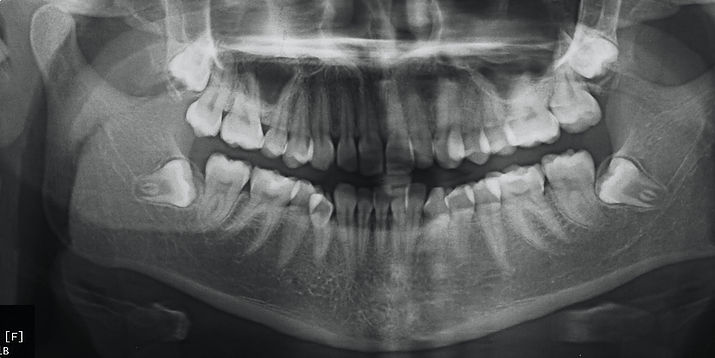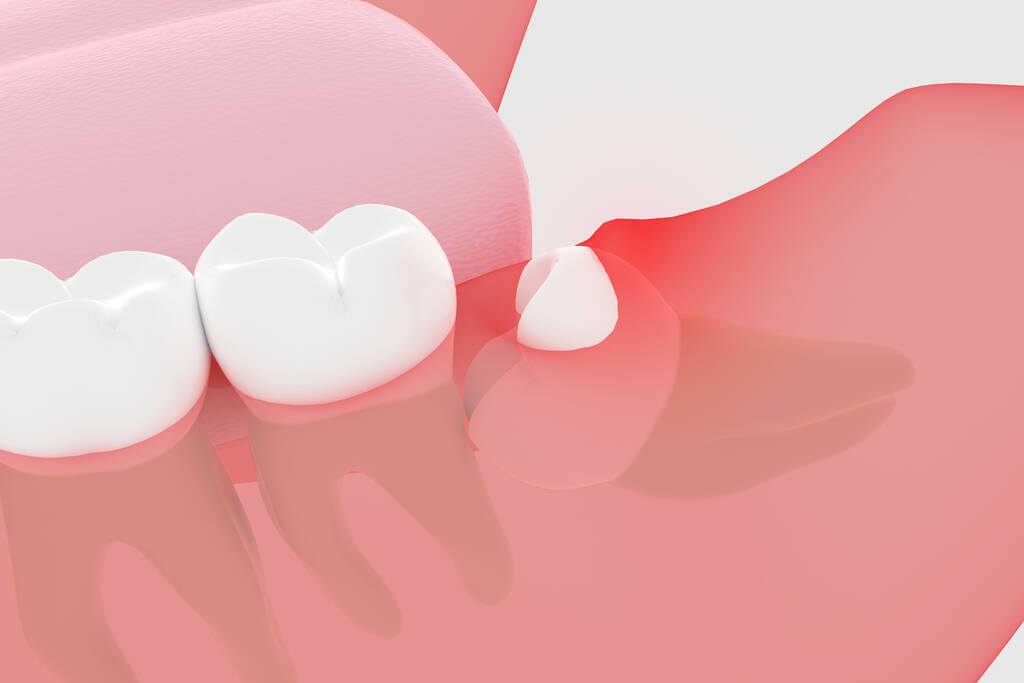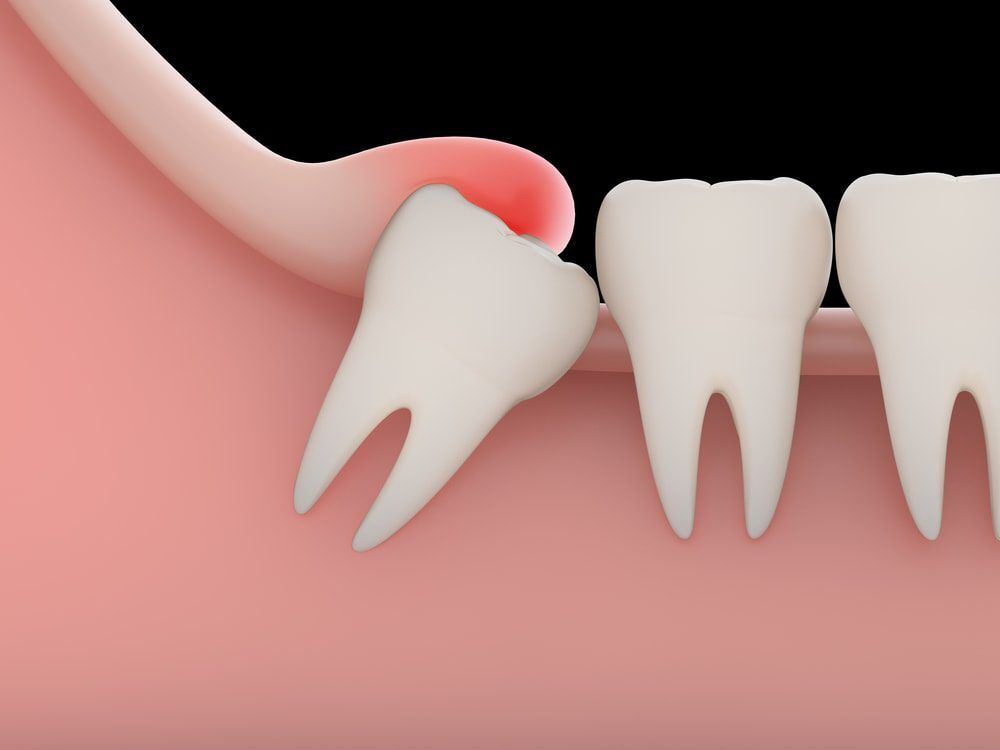Checking Out Various Sedation Options for a Comfortable Knowledge Teeth Extraction Experience

Regional Anesthetic
Local anesthesia is a frequently made use of technique for numbing details areas of the mouth throughout wisdom teeth removal procedures. By administering a regional anesthetic, such as lidocaine, a dental practitioner can ensure that the patient stays pain-free and comfy throughout the extraction procedure. Regional anesthetic jobs by momentarily obstructing the nerves in the mouth, preventing them from sending out pain signals to the brain. This allows the dentist to carry out the removal without triggering any type of discomfort to the individual.
Among the main advantages of neighborhood anesthetic is its targeted numbing result, which implies that only the certain location being treated is influenced. This local approach minimizes the threat of systemic negative effects and permits a quicker healing post-procedure. wisdom teeth removal aspendale. In addition, regional anesthesia is considered to be a regular and safe method in dentistry, with very little threats included when administered by a skilled specialist
Laughing Gas

When the mask is removed, the results of the gas wear off swiftly, enabling patients to resume their regular activities without remaining sedative results. Nitrous oxide is appropriate for patients of all ages, making it a flexible sedation option for knowledge teeth removals and other oral procedures.
Dental Sedation

One of the key advantages of oral sedation is its ease of administration. Unlike intravenous sedation, dental sedation does not need needles or injections, making it an extra comfy option for individuals with an anxiety of needles. In addition, oral sedation is considered efficient and risk-free when administered by experienced oral experts. It is essential for people to comply with pre-operative directions supplied by their dental professional, such as avoiding from consuming alcohol or consuming prior to the procedure to make certain the sedative medication works as planned.
IV Sedation
Administered intravenously by qualified physician, IV sedation is an effective approach used to cause a controlled state of deep leisure and unfamiliarity throughout oral treatments. Unlike oral sedation, which can be unforeseeable in its impacts, IV sedation permits accurate control over the degree of sedation, making it a perfect option for intricate procedures like knowledge teeth extractions.
During IV sedation, a sedative drug is provided directly into the blood stream via a vein, allowing it to work quickly and effectively. This technique makes sure that the person continues to be unaware and comfortable of navigate to this site the procedure while still maintaining important functions such as breathing and heart rate.
One of the primary advantages of IV sedation is its capacity to give a deeper level of sedation compared to other techniques, making it especially suitable for patients with high degrees of anxiety or those undergoing substantial oral job. Furthermore, the impacts of IV sedation normally disappear slowly after the procedure, decreasing the likelihood of grogginess or sticking around negative effects. On the whole, IV sedation supplies a effective and secure choice for guaranteeing a comfortable and stress-free experience throughout knowledge teeth extraction.
General Anesthesia
Having reviewed the advantages of IV sedation for wisdom teeth removal, the use of basic anesthesia gives an alternate option for patients calling for a much deeper level of unfamiliarity during dental treatments. General anesthetic induces a regulated state of unconsciousness, making certain the person really feels no pain or pain during the removal process. This approach is especially advantageous for people with serious oral stress and anxiety, complex medical needs, or those undertaking multiple extractions simultaneously.
General anesthetic is administered by a skilled anesthesiologist who very closely keeps track of the person's important indicators throughout the procedure. It includes making use of intravenous medicines or breathed in gases to induce a state of unconsciousness. While under general anesthesia, the client will certainly not recognize the surgical procedure, experience any type of pain, or have any recollection of the procedure later.
Although basic anesthetic is safe when provided by certified specialists, it carries a slightly greater danger compared to various other sedation options. wisdom teeth removal aspendale. Individuals thinking about basic anesthetic for knowledge teeth removal ought to my company discuss the prospective dangers and advantages with their dental expert or dental cosmetic surgeon to make an educated choice based upon their individual needs and case history
Verdict
Finally, various sedation options are offered to make certain a comfy knowledge teeth removal experience. Neighborhood anesthesia is frequently utilized for numbing the certain location, while laughing gas supplies relaxation and discomfort relief. Oral sedation and IV sedation deal deeper levels of relaxation, depending on the client's needs. General anesthetic can be made use of for more complex cases. It is important to seek advice from your dentist or dental surgeon to determine the most ideal sedation alternative for your treatment.
Nitrous oxide is suitable for individuals of all ages, making it a flexible sedation choice for wisdom teeth removals and other oral treatments.
Unlike intravenous sedation, oral sedation does not call for injections or needles, making it a much more comfortable option for people with a concern of needles.One of the primary advantages of IV sedation is its ability to provide a much deeper level of sedation contrasted to other techniques, making it especially suitable for individuals with high levels of anxiousness or those undertaking extensive oral work.Having actually talked about the advantages of IV sedation for wisdom teeth removal, the usage of basic anesthesia gives an alternative choice for clients calling for a deeper degree of unconsciousness throughout dental check my source procedures. Dental sedation and IV sedation offer deeper degrees of relaxation, depending on the person's requirements.